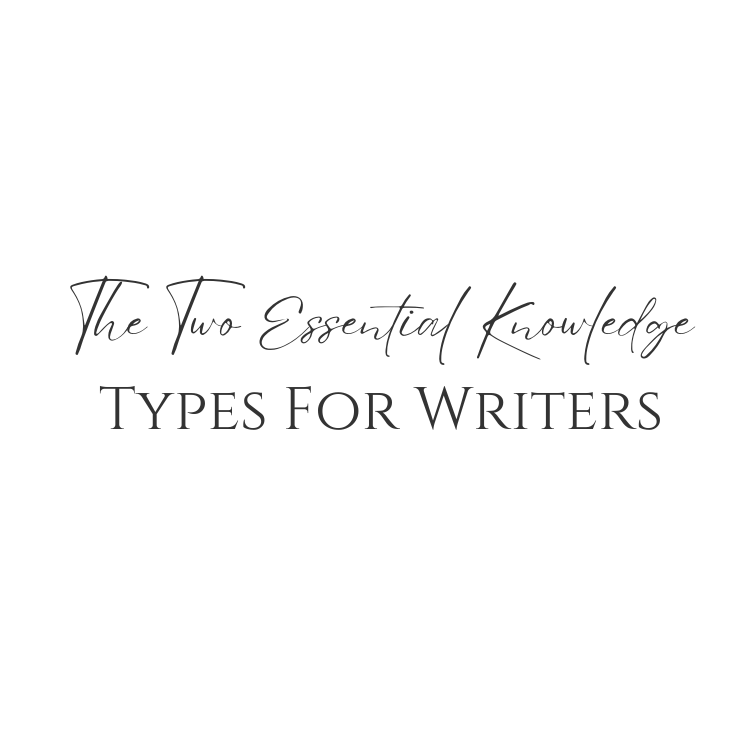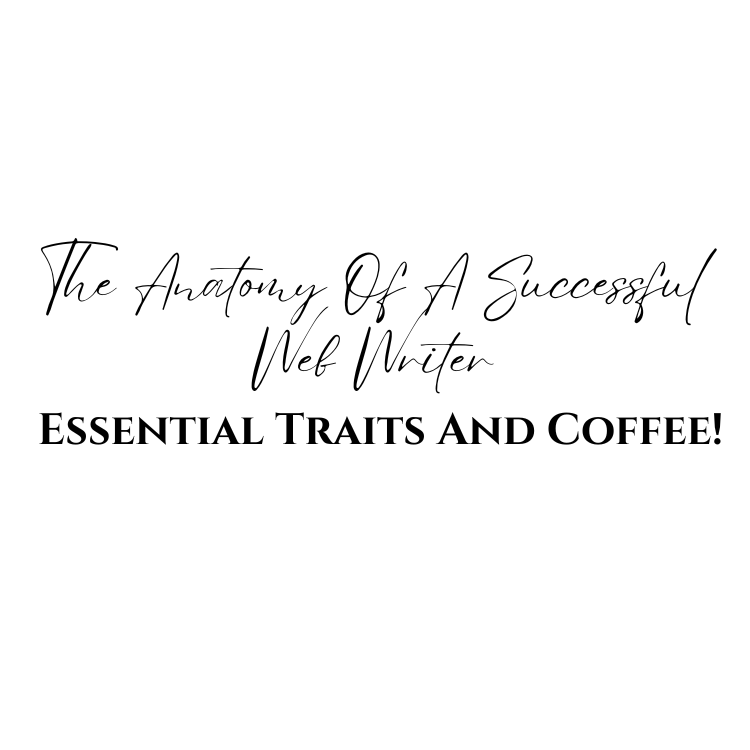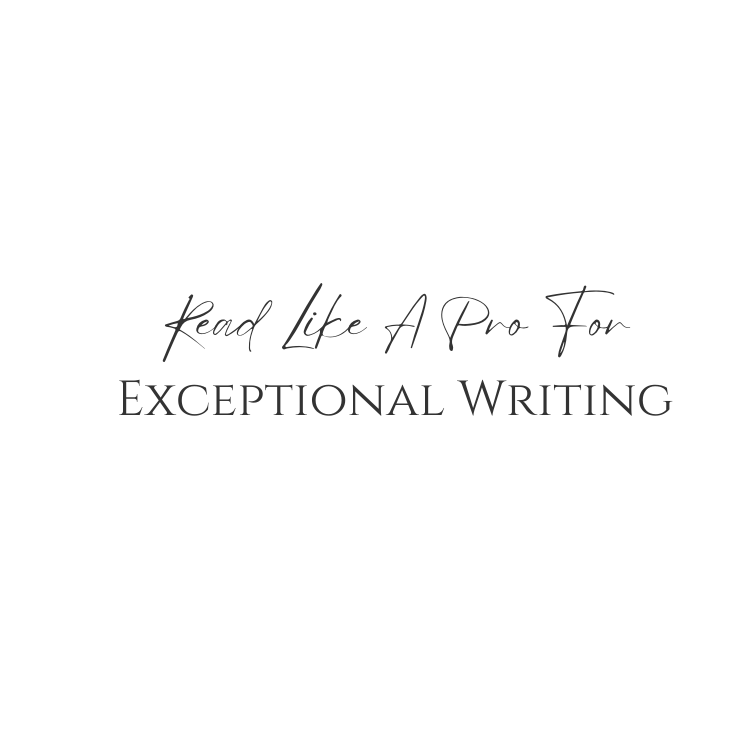You, dear writer, understand the importance of knowledge in crafting compelling content. But do you know the two essential knowledge types that every writer needs?

In the podcast episode ‘The Two Kinds of Knowledge Every Writer Needs‘ on Rough Draft with Demian Farnworth, you’ll discover a framework for building knowledge and how to obtain it in an undisciplined, irreverent, and original manner. Building a good vocabulary, being an anti-scholar, and nurturing originality are just a few of the approaches discussed in the episode.
With advice from experts like Richard P. Feynman and Samuel Johnson, you’ll learn how to study what interests you and how to approach learning in a way that cultivates your unique perspective. So, if you’re ready to take your writing to the next level and tap into your subconscious desire for innovation, read on to discover the two essential knowledge types every writer needs.
Key Takeaways
- There are two basic kinds of knowledge that every writer needs, and one is better than the other.
- Building a good vocabulary is crucial for writers, as is nurturing originality by being an anti-scholar.
- Different approaches to learning, such as studying what interests you in an undisciplined and irreverent manner or listening to an SEO podcast, can help build knowledge.
- Curiosity is the first and last passion for great minds, and it is important for writers to emphasize this in their pursuit of knowledge.
Importance of Knowledge
You need to understand the importance of having the right knowledge as a writer, as discussed in the episode “The Two Kinds of Knowledge Every Writer Needs” on the Rough Draft podcast.

Without the right knowledge, your writing will lack depth, credibility, and impact. It’s not just about knowing a lot of information, but about having the right information that supports your ideas and arguments.
Developing a good vocabulary is a crucial part of building the right knowledge as a writer. This means going beyond just learning new words but understanding how to use them effectively in your writing.
Additionally, take advantage of free education resources like Yale’s open courses to expand your knowledge in areas relevant to your writing.
By investing in the right knowledge, you’ll be able to create impactful and engaging writing that resonates with your audience.
Advice, Approaches and Knowledge Types
Discovering new and unconventional ways to study what interests you will help you cultivate a unique and original writing style, as Richard P. Feynman advises in the episode. He encourages writers to approach their learning with curiosity and irreverence, exploring topics in a way that is personal and authentic to them. This approach to learning will not only help you build a strong knowledge base, but it will also allow you to develop a voice and perspective that is distinct from others.
Another important aspect of building knowledge as a writer is developing a robust vocabulary. This means not only memorizing words, but also understanding how they are used in context and the different nuances they can convey.
One way to do this is by reading widely, exposing yourself to a variety of writing styles and genres. Additionally, actively seeking out new words and incorporating them into your own writing can help you expand your vocabulary and develop a more sophisticated writing style.
By taking a proactive approach to learning and vocabulary-building, you can develop the essential knowledge and skills you need to become a successful writer.
Nurturing Originality in your writing
To nurture originality in your writing, try approaching your learning with curiosity and irreverence, exploring topics in a way that is personal and authentic to you. Samuel Johnson once said that curiosity is the first and last passion for great minds, and this rings true for writers as well. Allow yourself to be interested in things that may not be directly related to your writing, and explore them in an unconventional manner. This can include taking a free online course from Yale or listening to a podcast like Rough Draft with Demian Farnworth. By building your knowledge in a unique way, you can develop a creativity that sets you apart from other writers.

To give you an idea of how to approach learning in an unconventional way, consider this table:
| Traditional Learning Methods | Unconventional Learning Methods | Examples |
|---|---|---|
| Lectures | Podcasts | Rough Draft with Demian Farnworth |
| Reading textbooks | Taking free online courses | Yale Open Courses |
| Memorization | Building vocabulary through reading | Reading the dictionary or thesaurus |
| Studying in a library | Exploring topics in real-world settings | Visiting a museum or attending a conference |
By using unconventional learning methods, you can gain a deeper understanding of topics and develop a unique perspective on them. This can lead to more original ideas in your writing and set you apart from other writers who may be using more traditional approaches to learning. So go ahead and explore your interests in an irreverent and original way, and see where it takes your blog writing.




